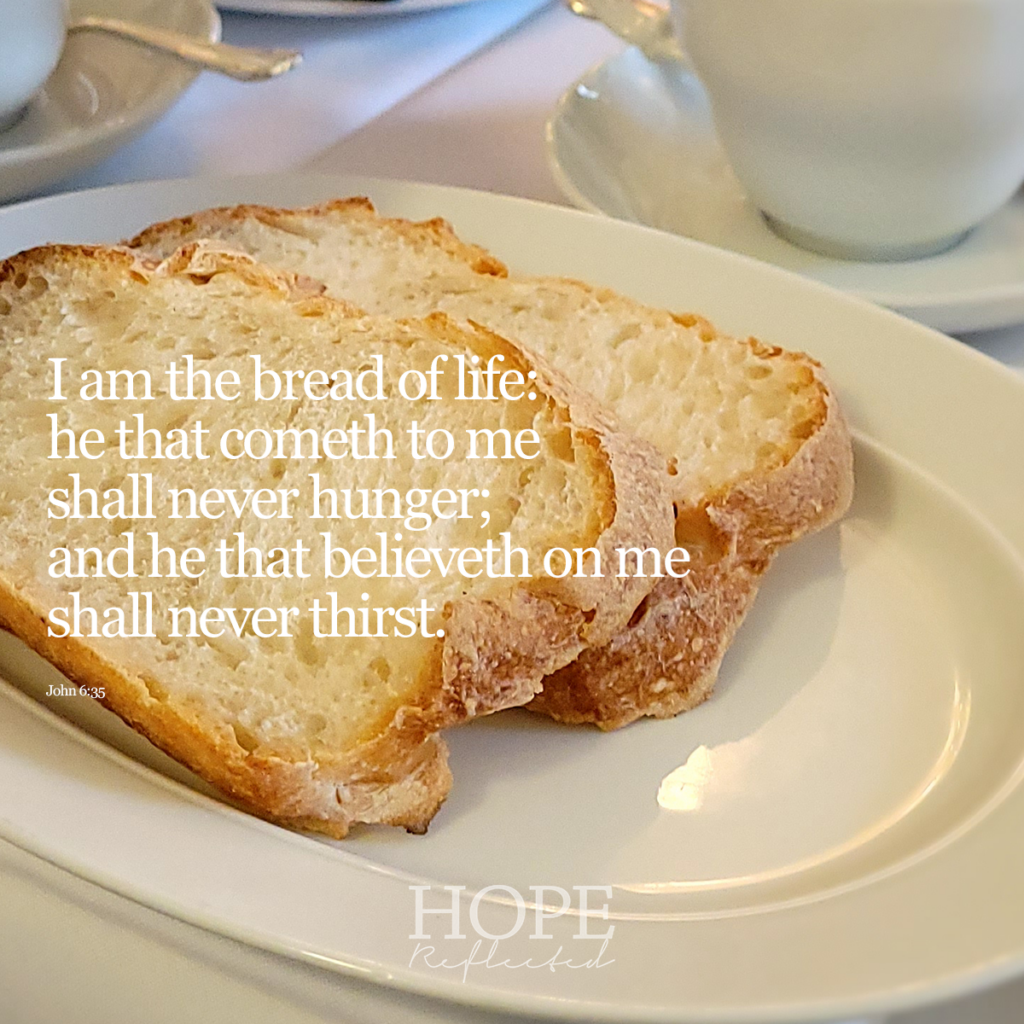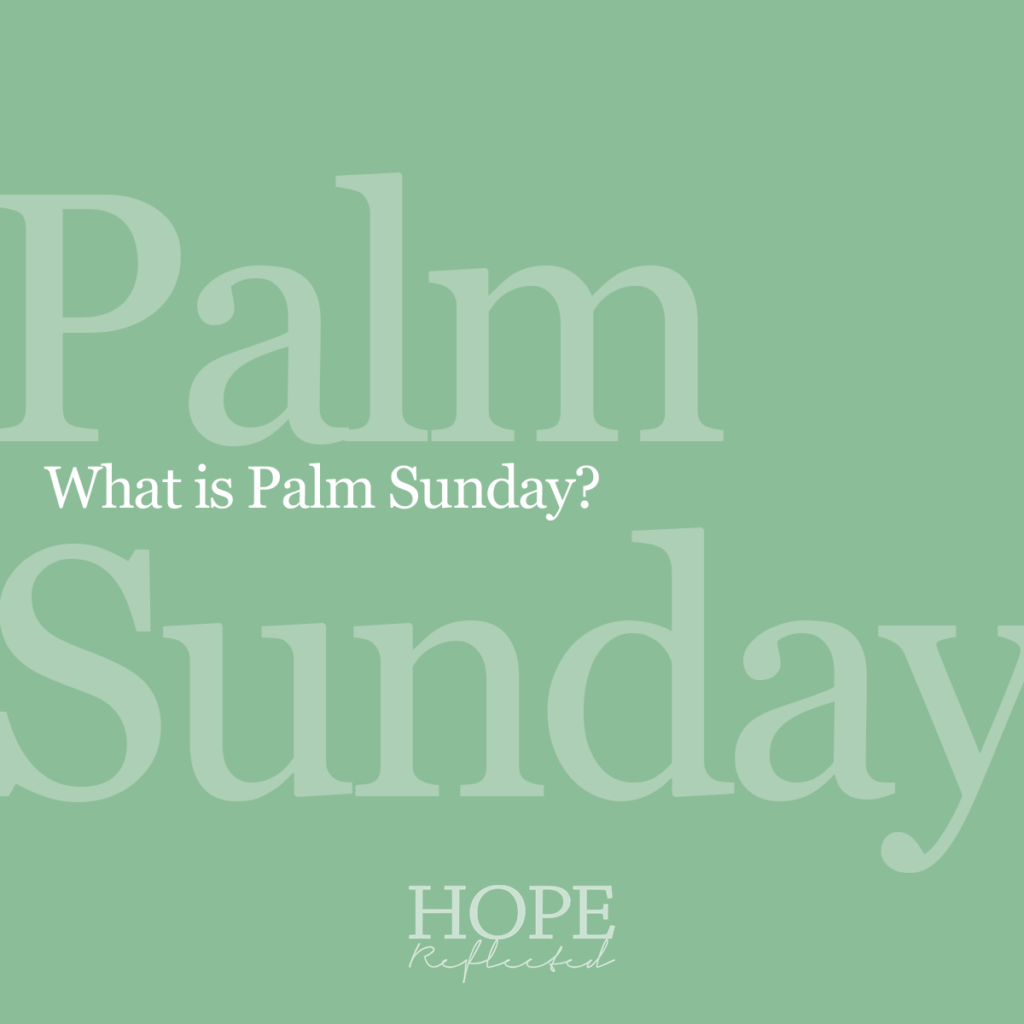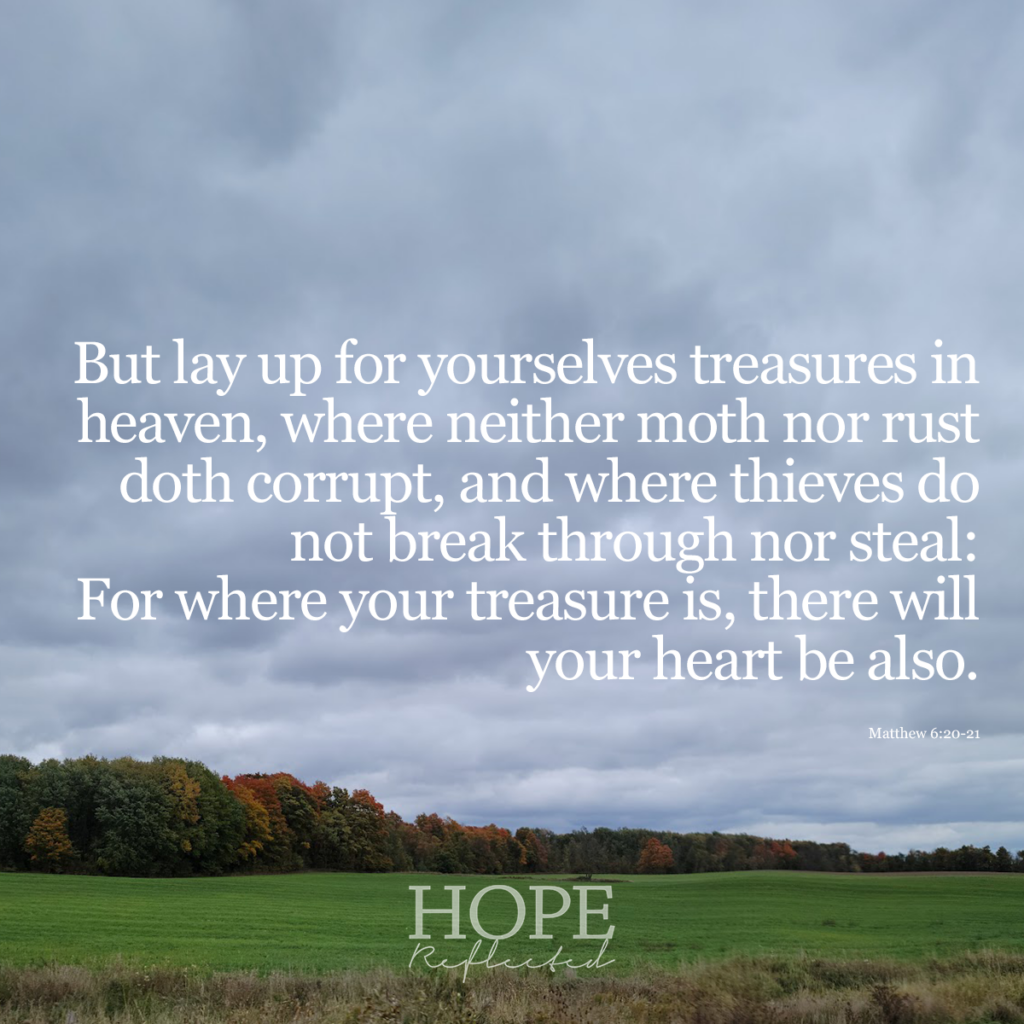Essential to living
Written by H, Posted in Christian Living, Published Work

Bread has been around since ancient times and is one of the most basic and fundamental food staples. It’s an important—and enjoyable—food that can be used in versatile ways and that has many variations to accommodate people with all kinds of food allergies and sensitivities.
“Labour not for the meat which perisheth”
Readers of the last two columns are familiar with the miracle in which Jesus turned five barley loaves and two small fishes into a feast for five thousand people (with leftovers, no less!). Jesus had provided a feast that filled these poor, hungry people, and they wanted more.
The multitudes in the passage of John 6 were following Jesus, pursuing after Him with passion because of their own self-interest.
Jesus called them out on their self-serving seeking, saying, “Ye seek me, not because ye saw the miracles, but because ye did eat of the loaves, and were filled.” (John 6:26).
He exhorted them, “Labour not for the meat which perisheth, but for that which endureth unto everlasting life, which the Son of man shall give unto you: for him hath God the Father sealed.” (v. 27).
Seeking after Christ and feasting on His Word
Bread is of no use to us if we don’t make it or go to the store and buy it. Furthermore, bread is no use to us if we just leave it sitting in the bread drawer and we never eat it. It must, as Ellicott wrote in his Commentary for English Readers, be “appropriated and eaten.”
From this, we can draw a similar picture of our relationship with Christ. If we say that we believe in Him, then we should as effect seek after Him and feast on His Word.
What good is it if we claim Christian as our title but we have nothing to show for it?
Thank God, our salvation is not based on good works, but certainly we should have good works to demonstrate as a result of our salvation.
The bread of life
Jesus said, “I am the bread of life: he that cometh to me shall never hunger; and he that believeth on me shall never thirst.” (6:35).
The bread of life.
Jesus is essential to living.
He is not optional.
He is our only Hope, and of a surety, He is our greatest Hope.
He is the only way to Heaven.
As Matthew Henry wrote, “he is to the Soul what bread is to the body, nourishes and supports the spiritual life. He is the Bread of God. Bread which the Father gives, which he has made to be the food of our souls.”
The bread of life must be part of our daily life
So many of us are guilty of indulging in a “fast-food” faith.
The bread of life must be a part of our daily life. To be nourished by The Word requires us to dedicate and spend time in His Word. Just as basic hunger and thirst reminds us to feed our physical bodies and stay hydrated, when we find our souls hungry and thirsty, it should serve as a reminder that we must come to Him and we must believe on Him.




![False friends or counterfeit kindness; whatever you want to call it, the world is filled with people who will say one thing to your face and then another behind your back; people who will woo you in order to get something from you.
It’s sad, but it’s true.
The Bible provides us with examples from Joab to Judas, and yet, we’re surprised when we find ourselves deceived and hurt by someone else.
So what are some of the hallmarks of a true friend?
You can read more about this on hopereflected.com [Link in profile]
.
.
.
#friends #friendship #kindness #counterfeitkindness #hurt #proverbs #truefriends #hopereflected #blog #blogpost](https://www.hopereflected.com/wp-content/plugins/instagram-feed/img/placeholder.png)